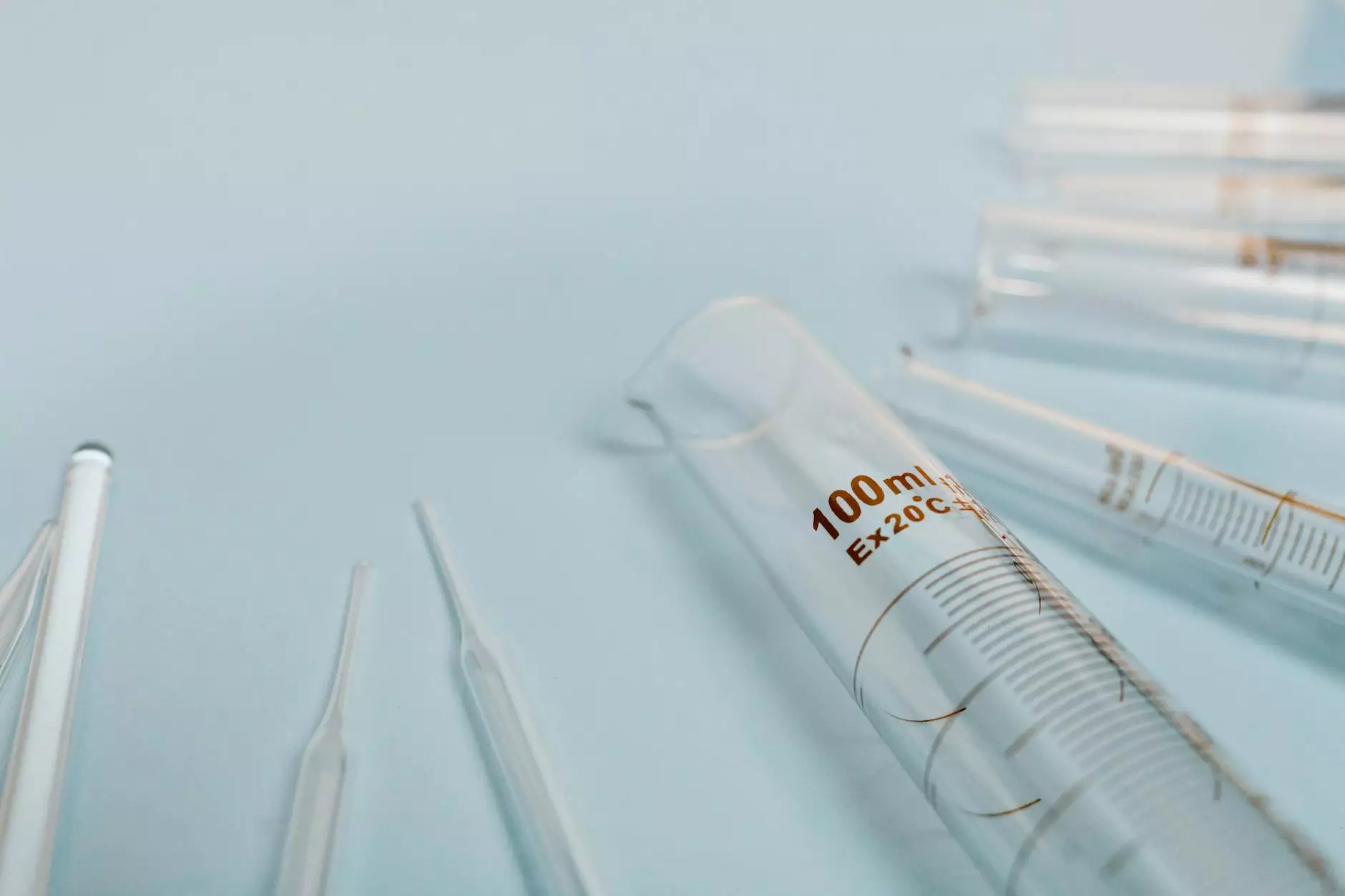Understanding the Importance of Hearing Tests in the UK
In today's fast-paced world, hearing health is often overlooked. Many individuals are unaware of the potential implications of untreated hearing issues. Regular hearing tests in the UK are crucial for detecting hearing loss early and taking appropriate action. This article explores everything you need to know about hearing tests, how they work, their significance, and how Summertown Audiology can assist you in maintaining optimal auditory health.
The Significance of Hearing Tests
Hearing is an essential aspect of our lives, influencing communication, social interactions, and overall quality of life. As we age, the risk of developing hearing impairments increases. According to recent studies, nearly 1 in 6 people in the UK experience some form of hearing loss. Regular hearing tests can be beneficial for various reasons:
- Early Detection: Identifying hearing loss at an early stage allows for timely interventions.
- Improved Quality of Life: Hearing aids and other treatments can significantly enhance daily experiences for those with hearing difficulties.
- Monitoring Hearing Health: Regular check-ups can help monitor changes in hearing ability over time.
- Prevention: Some types of hearing loss are preventable, making awareness and testing critical.
Types of Hearing Tests Available in the UK
There are various methods of conducting hearing tests, each serving unique purposes and catering to different needs. Below are some commonly used hearing tests in the UK:
1. Pure Tone Audiometry
This is one of the most common types of hearing tests. It measures the ability to hear a range of sounds at different frequencies. The process involves listening to tones through headphones and indicating when you hear them.
2. Speech Audiometry
In this test, patients are required to repeat words spoken at varying volumes to ascertain their ability to recognize speech in noisy environments, which simulates real-life situations.
3. Tympanometry
Tympanometry assesses the condition of the middle ear by varying air pressure within the ear canal. It helps in identifying issues with the eardrum or middle ear space, providing insights into other potential hearing problems.
4. Otoacoustic Emissions (OAE) Testing
This test measures sounds produced by the inner ear. It is particularly useful for identifying hearing loss in infants and young children, as it can be performed even while the child sleeps.
5. Auditory Brainstem Response (ABR)
ABR tests evaluate the auditory nerve pathways. This test is vital for diagnosing hearing loss in newborns and may also be used for patients who cannot respond to conventional testing methods.
The Process of Getting a Hearing Test
Understanding the steps involved in undergoing a hearing test can alleviate any apprehensions you may have. Here’s what to expect:
Step 1: Initial Consultation
Your journey often begins with an initial consultation at a professional clinic such as Summertown Audiology. During this meeting, you can discuss any hearing concerns you have, medical history, and lifestyle factors that might impact your hearing.
Step 2: Comprehensive Assessment
The audiologist will conduct a thorough assessment using a combination of the tests listed above. They may ask questions related to your hearing issues, conduct various hearing tests, and analyze the results.
Step 3: Discussion of Results
Once the tests are complete, the audiologist will discuss the results with you, explaining any findings and providing recommendations. If hearing loss is detected, they will guide you through available treatment options.
Step 4: Follow-Up Care
Follow-up appointments may be necessary to monitor changes in your hearing and to adjust treatments accordingly. Maintaining regular visits with your audiologist ensures ongoing support for your hearing health.
Who Should Get a Hearing Test?
While anyone can benefit from a hearing test, certain groups should prioritize regular assessments. Consider the following:
- Individuals Over 50: Age-related hearing loss is common, and regular testing is advisable.
- Those with Loud Occupations: People exposed to loud noises regularly should monitor their hearing health.
- Individuals with a Family History of Hearing Loss: Genetic factors can play a significant role in hearing impairment.
- People Experiencing Hearing Difficulties: Anyone noticing changes in hearing should seek testing.
Why Choose Summertown Audiology?
At Summertown Audiology, we pride ourselves on offering the highest quality services in the realm of auditory health.
Expertise and Experience
Our audiologists are highly trained professionals with years of experience in diagnosing and treating hearing issues. They stay updated on the latest advances in audiology.
Comprehensive Services
We provide a wide range of services, including hearing tests, hearing aid fittings, and follow-up care, ensuring a holistic approach to your auditory health.
Personalized Care
The needs of each patient are unique, and we pride ourselves on offering tailored solutions. From recommendations to aftercare, each step is personalized to fit your specific needs.
Accessibility
Located conveniently in the heart of the UK, we make it easy for all our clients to access our services.
In Conclusion
Maintaining good hearing health is vital for a fulfilling life. Regular hearing tests in the UK are essential in diagnosing and addressing hearing issues early on. Whether you are experiencing hearing difficulties or simply want to ensure your hearing is healthy, don’t hesitate to reach out to us at Summertown Audiology. Together, we can ensure your auditory health is in peak condition, allowing you to enjoy the sounds of life to the fullest. Schedule your hearing test today and take the first step towards better hearing!
Frequently Asked Questions (FAQs)
What should I expect during a hearing test?
You will undergo a series of tests where you may listen to tones and repeat words. The audiologist will guide you through each step.
How often should I have my hearing tested?
It is recommended to have a hearing test every two years, or more frequently if you notice changes in your hearing ability.
Are hearing tests painful?
No, hearing tests are non-invasive and painless. They typically involve listening and responding to sounds.
What do I do if I have hearing loss?
If hearing loss is detected, your audiologist will discuss options such as hearing aids or other interventions to manage your condition effectively.
hearing test uk


